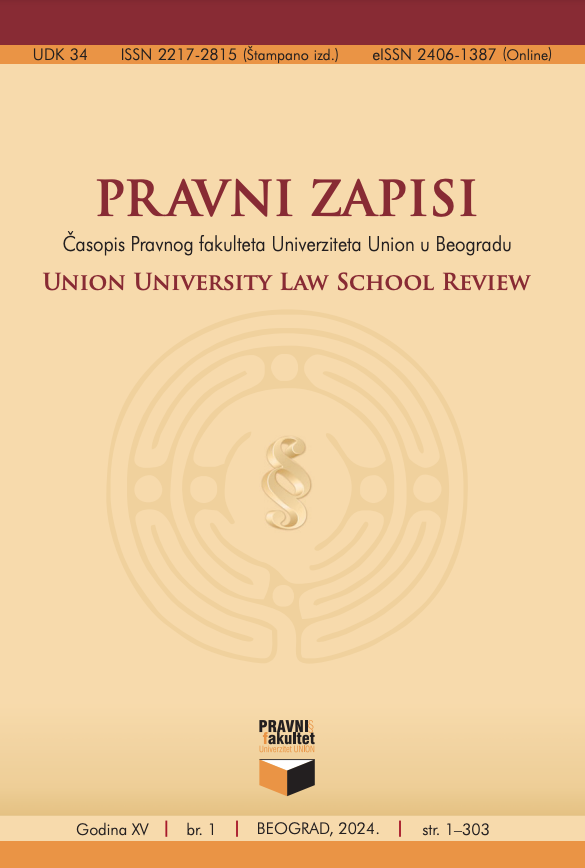Approaching Quiet Quitting From the Labor Law Perspective: a Case Study of Hungarian and Serbian Legislation
Approaching Quiet Quitting From the Labor Law Perspective: a Case Study of Hungarian and Serbian Legislation
Author(s): Bernadett Solymosi-Szekeres, Sanja Stojković ZlatanovićSubject(s): Labour and Social Security Law
Published by: Pravni fakultet Univerziteta Union
Keywords: Quiet quitting; Hustle culture; Always-on culture; Labor law perspective; Employment contract breach; Hungarian legislation; Serbian legislation;
Summary/Abstract: The paper explores the quiet quitting phenomenon, its origin, and evolution, by applying theoretical, legal normative, and comparative methods. It particularly examines how quiet quitting can be understood through the lens of labor law, by analyzing the provisions of Hungarian and Serbian labor legislation dealing with worker’s rights and duties. Quiet quitting has been considered workers’ psychological response to hustle culture and always-on expectations. It is a specific self-protection mechanism in a digitalized world of work, wherein the worker fulfills only the minimum work duties, without going above and beyond the employment contract. Therefore, it is hard to argue for the employment contract breach whereas approaching from an organizational management perspective is much more adequate, while also applying the decent work approach.
Journal: Pravni zapisi
- Issue Year: 2024
- Issue No: 1
- Page Range: 218-238
- Page Count: 21
- Language: English

